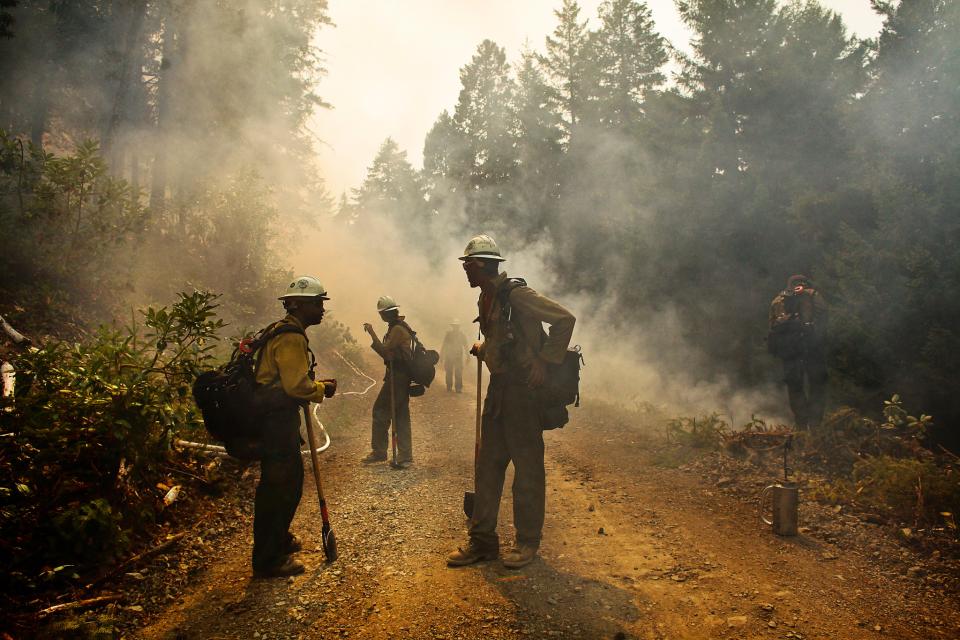Overview
This webpage is a product of the Western State Fire Managers (WSFM) Health and Wellness Subcommittee. The webpage provides a collection of resources to support wildland firefighters and their families.

WSFM Health and Wellness Subcommittee
- Mission Statement: To provide Mental Health resources and Critical Incident Response for the Western States Fire Managers employees and their families. To assist in the health and wellness of working in the arduous environment of wildland fire that may affect the lives of our firefighters and families.
- Vision: To be a proactive support and resource for mental health and wellness within the Western States Fire Managers Wildland Fire communities, through education, peer-to-peer support, Critical Incident Stress Management services, and referrals to First Responder competent support resources.
Definitions and Understanding
- What is Critical Incident Stress Management? According to the International Critical Incident Stress Foundation, “Critical Incident Stress Management (CISM) is a method of helping first responders and others who have been involved in critical incidents that leave them emotionally and/or physically affected by those incidents. CISM is a process that enables peers to help their peers understand problems that might occur after an event. This process also helps people prepare to continue to perform their services or in some cases return to a normal lifestyle.” (Source)
- Critical Incident Stress Debriefing (CISD): This is a specific, 7-phase, small group, supportive crisis intervention process. The CISD process does not constitute any form of psychotherapy and it should never be utilized as a substitute for psychotherapy. It is simply a supportive, crisis-focused discussion of a traumatic event (which is frequently called a “critical incident”). The Critical Incident Stress Debriefing was developed exclusively for small, homogeneous groups who have encountered a powerful traumatic event. It aims at reduction of distress and a restoration of group cohesion and unit performance.
- Peer-to-Peer Support: Peer support involves specialty-trained employees who are there to listen, provide support, and, if needed, refer to a professional level of clinical care. This service and all interactions with Peer Supporters are completely confidential. Except for disclosures pertaining to imminent self-harm, or harm of another person.
